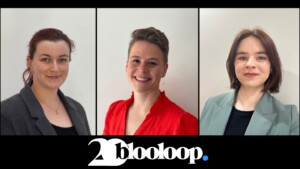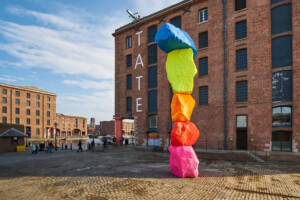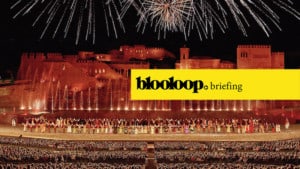Language is of course dynamic and often beautiful: it evolves, it assimilates, existing words morph into new ones and new words enter the dictionary each year. What riles aesthetes about buzzwords (“buzzword”, ironically is itself considered a buzzword) is the laziness inherent in their creation. In business they are often coined to cover a lack or meaning (management consultancies are infamous for this), to obfuscate or to simply divert attention from an unpalatable fact. The British Government recently decided to start a process of “quantitative easing” by which they mean the printing of new money. Those extra syllables and the puzzling phraseology neatly cloaking a veil of smooth business efficacy over a rather mundane (though probably necessary) economic strategy.
In the attractions industry we have our own share: “edutainment”, “eatertainment”, “shoppertainment” and the much in-vogue “staycation” are just a few. At a recent conference, the occasional and unfortunate occurrence of illness and nausea on thrill rides was referred to as “protein spill”. As in “Last night I drank way, way too much. I still have protein spill on my shoes”
“Staycation” is of course the buzz word de nos jours. There is increasing evidence that both here in the UK and in the US the effects of the credit crunch on segments of the attractions business are being mitigated by the phenomenon of people holidaying closer to home and of visiting their local attractions as opposed to travelling abroad. In Britain,
“Figures released …by the Department of Culture, Media and Sport show that attendance at museums and galleries in the past six months has continued to rise… Many historic destinations, too, have seen a surge in visitor numbers.”
And for an example of buzzword evolution in action, some of the more dire prognostications have given rise to an even newer – not leading edge but bleeding edge- buzzword, as pointed out in the LA Times today :
“And while people are staying home like last year, the grimmer economic outlook has gotten some to call this year’s phenomenon a naycation.
Robert Thompson, a Syracuse University pop culture professor, said there’s a clear difference between a naycation and a staycation, and it’s all in the attitude. The naycation, Thompson said, implies a more dismal response to the economy.
"If last year you went on staycation, you stayed home with a good attitude, " Thompson said. "With a naycation, you stay home and grumble."
There you have it. I am off for a daycation …
Image: Managment consultants. The man in the middle has just arranged his first date for 18 months . His friends are pleased for him. This represents a substantial paradigm shift in his love life.








